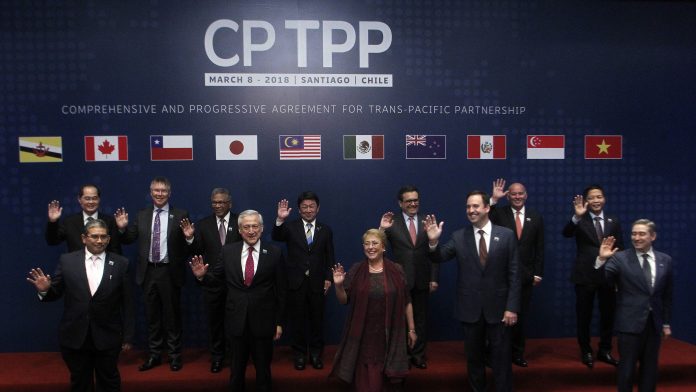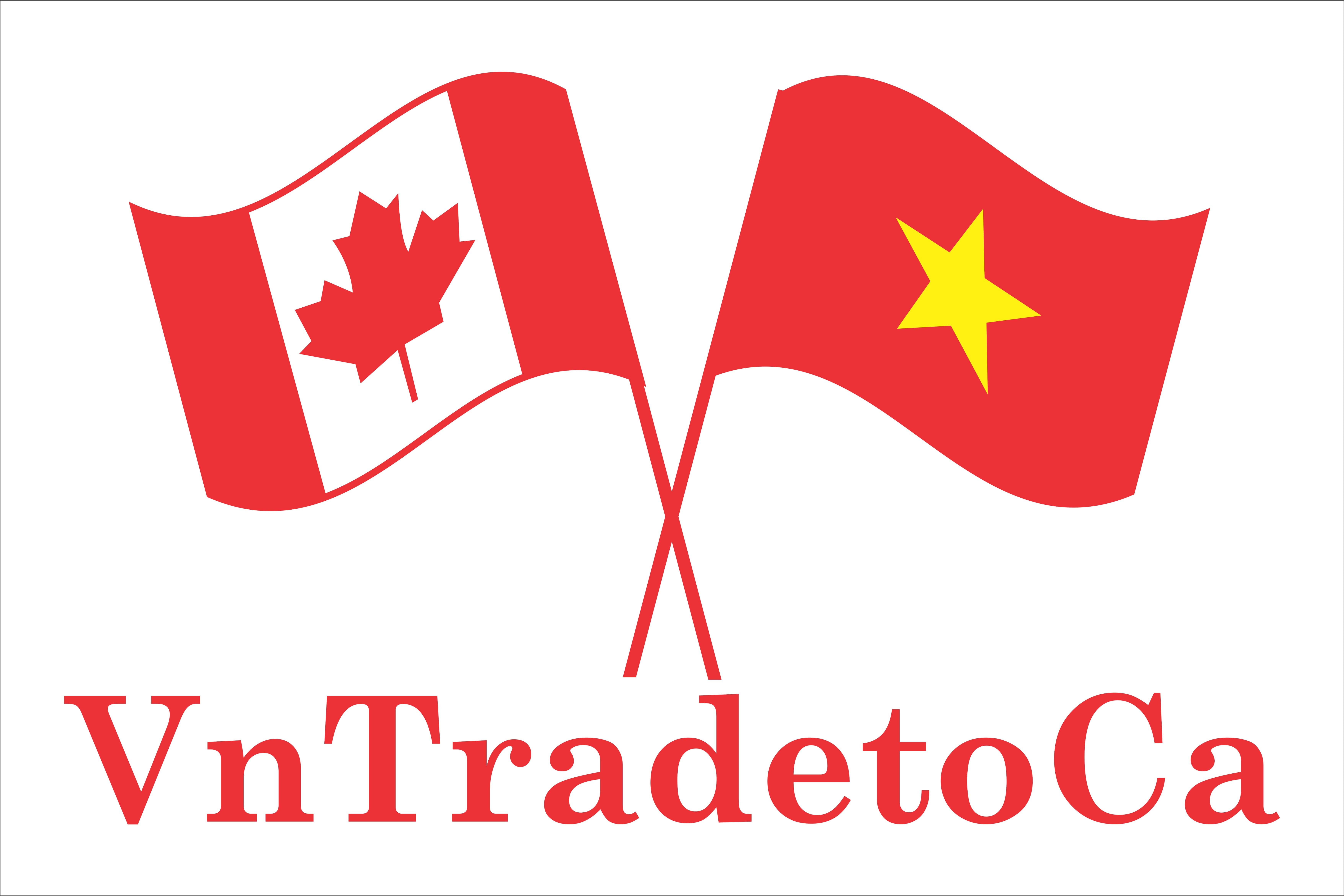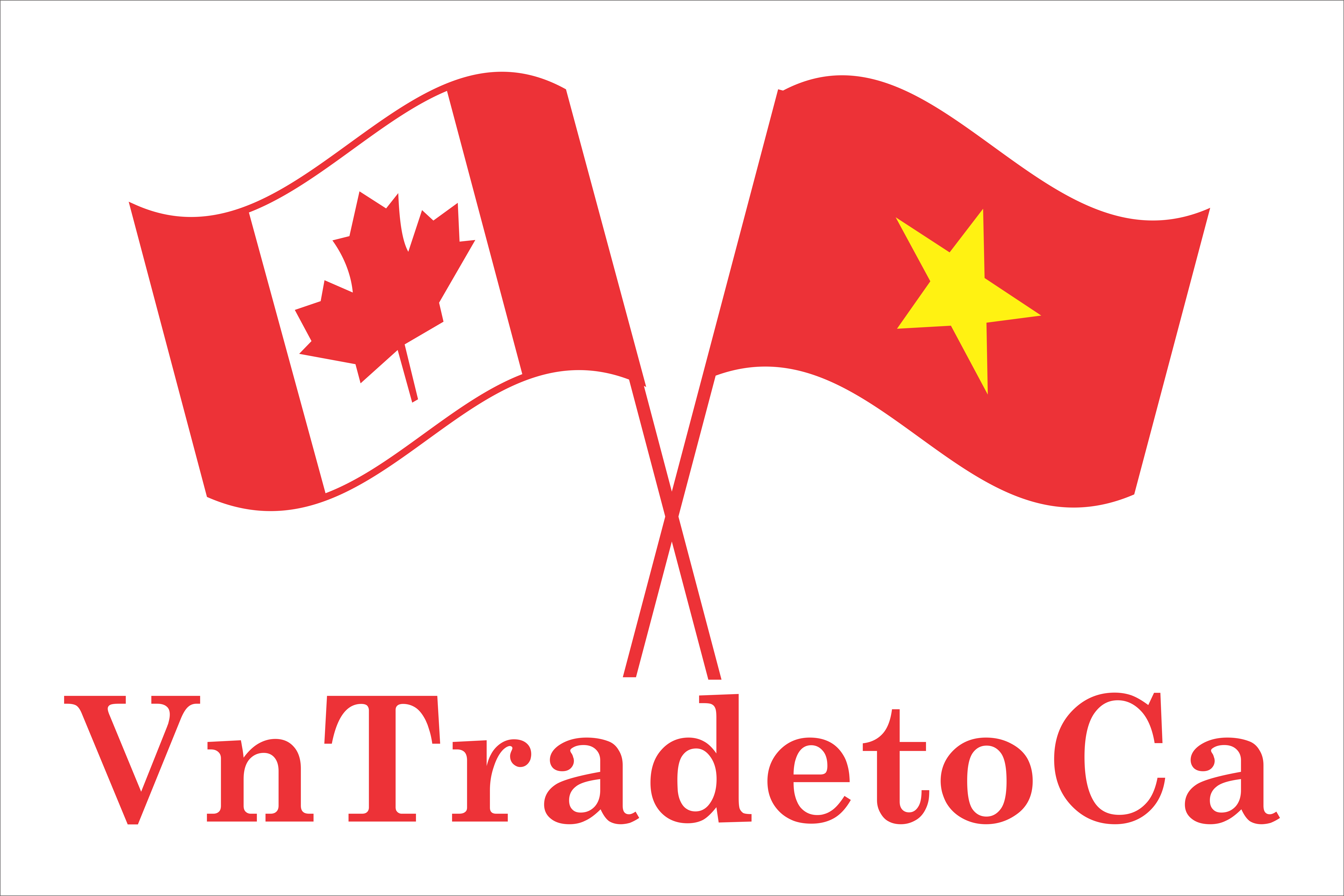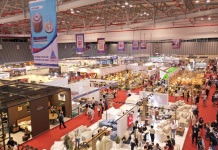
|
The Ministry of Industry and Trade of Vietnam has issued Circular No. 03/2019/TT-BCT on the certificates of origin (C/O) rules in the Comprehensive and Progressive Agreement for Trans-Pacific Partnership (CPTPP), which will take effect from March 8. |
|
The circular was developed by the ministry in the spirit of urgently building legal documents in order to implement the commitments in the CPTPP. Compared to the free trade agreements (FTAs) that Vietnam has signed and participated in, the C/O rules in the CPTPP have several new points, such as the rules of origin of goods sets, rules of origin of refurbished and re-manufactured goods, formula for calculating Regional Value Content (RVC) (the threshold calculated by the proportion of goods that must be sufficient to be considered as origin, commonly at 40%), and the product-specific rules (PSR). The percentage of materials that do not meet the De Minimis rule set out in CPTPP is allowed at the highest level of 10% of the value of goods. The form of certification of C/O rules in the CPTPP issued to Vietnamese exports, which includes the minimum information required by the CPTPP, is also issued with the circular. Regarding the mechanism for certification of origin, the C/O mechanism will be applied to goods exported from Vietnam by agencies and organisations authorised by the ministry. The transition time to implement the mechanism of exporters eligible for self-certification of goods origin will be carried out from five to 10 years under the ministry’s guidance. The mechanism of Vietnamese importers certifying their origin will be implemented after five years from the effective date of the CPTPP. For Vietnamese goods exported before the effective date of the circular, C/O-granting agencies and organisations shall consider granting C/O forms to enjoy tariff preferences under the agreement and regulations of the importing member countries. |






